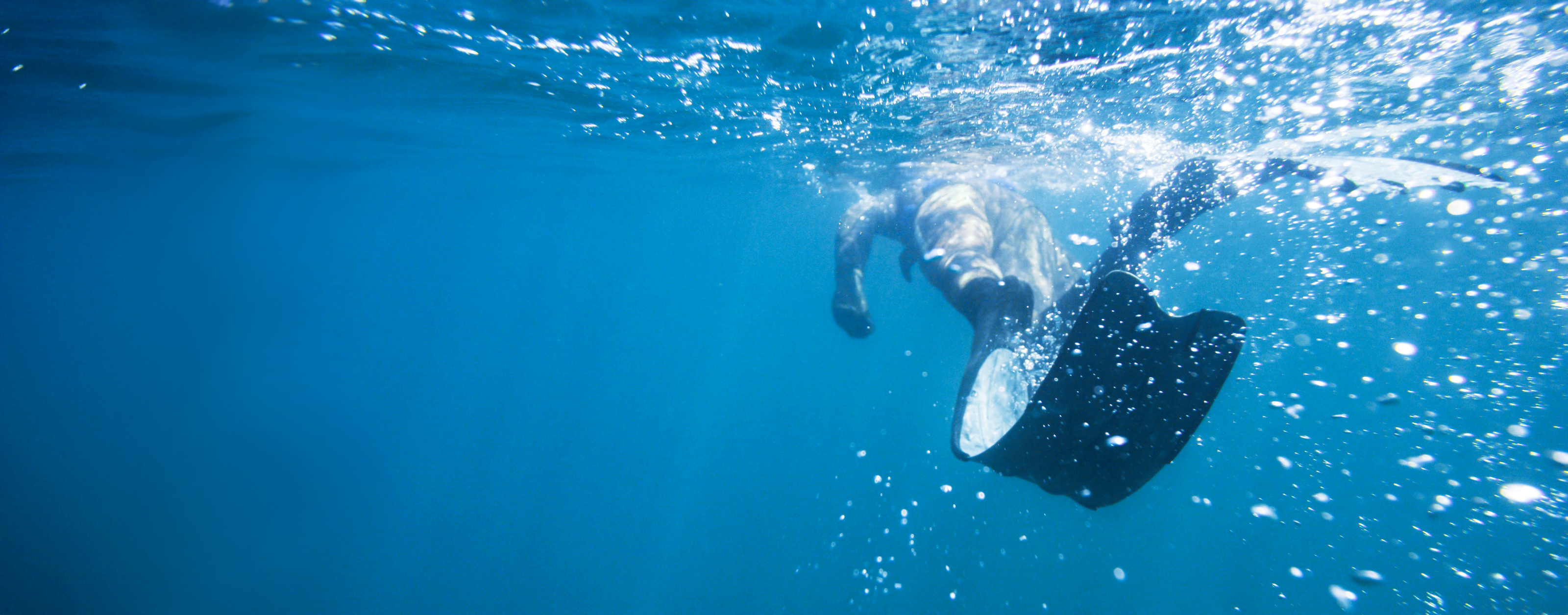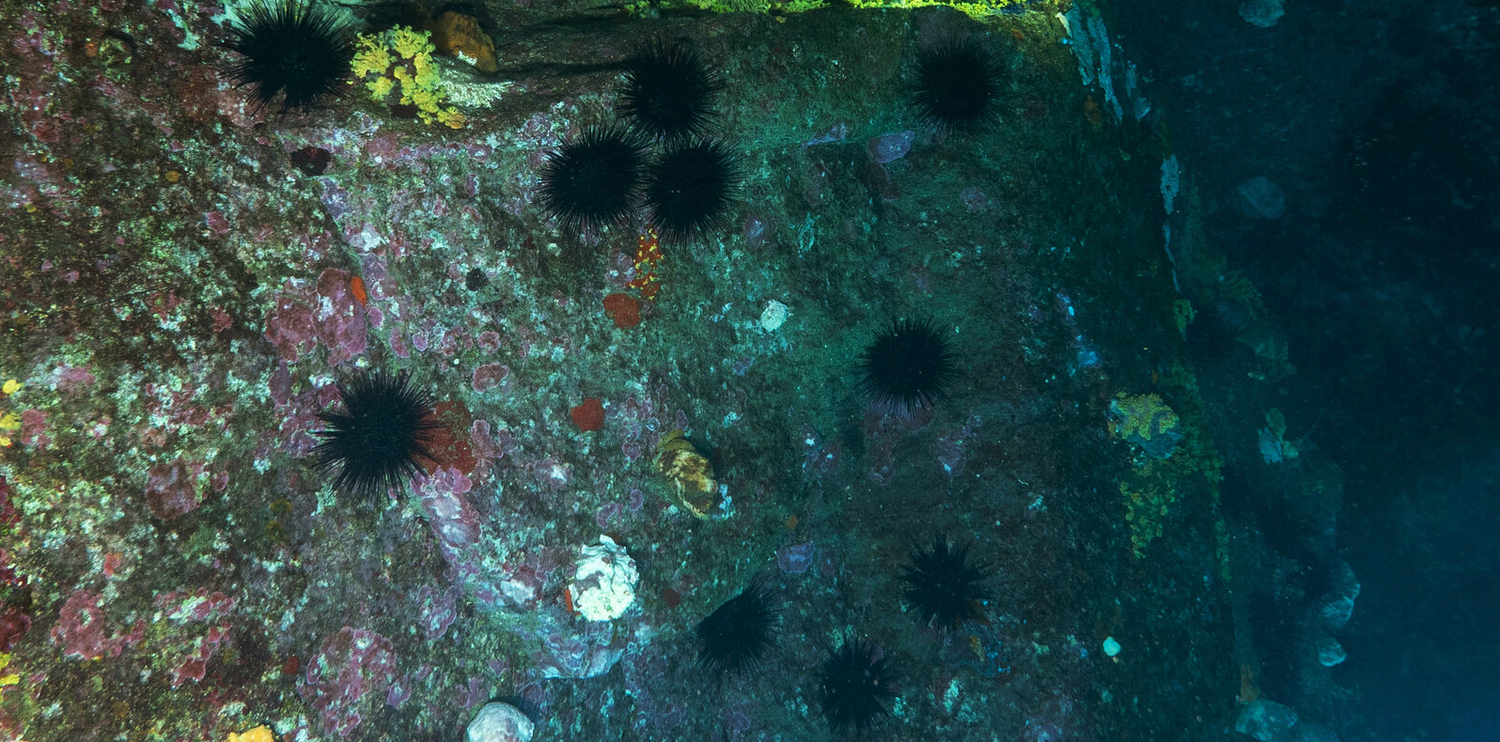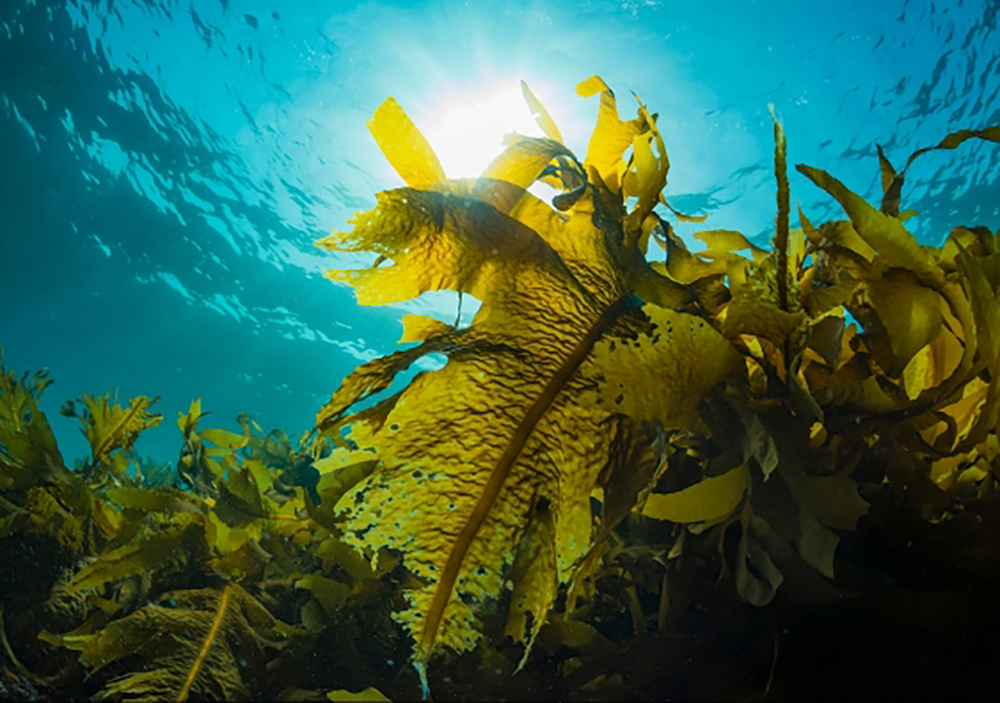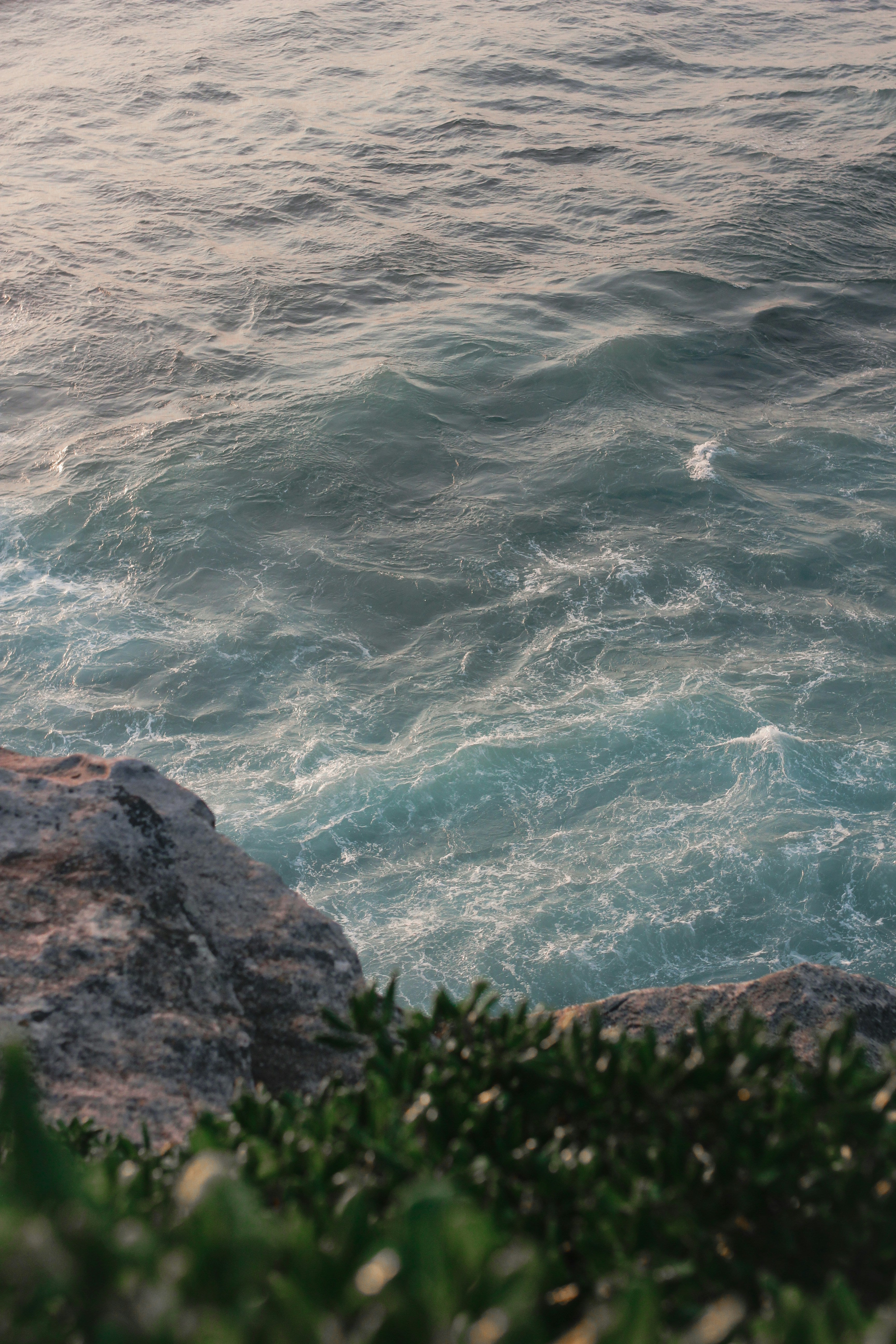
Sustainability
Doing our little bit for the world while supplying incredible seafood.
Supporting sea urchin fisheries can help reduce the impact of climate change on our cool-water marine environment. All species are native to Australia, but in some areas numbers have dramatically increased due to warming waters as a result of climate change and overfishing of urchin predators. As a result, urchins are becoming pests in parts of New South Wales, Victoria, and Tasmania. High urchin numbers lead to destruction of kelp forests which urchins graze on. These kelp forests are critical habitats and complex ecosystems for many other marine species, so managing urchin populations is more important than ever.
Sydney Urchins: Helping Restore Marine Ecosystems, One Urchin at a Time
-
When it comes to wild sea urchin harvesting, it's one of the most environmentally friendly practices you can find. There’s no bycatch, and the impact on the ecosystem is minimal. What makes it even more important is the role a sustainable sea urchin fishery plays in restoring kelp forests and marine habitats. At Sydney Urchins we want to help restore local kelp forests, seaweed beds, and fish habitats through a commercially viable, environmentally responsible fishery. The results have been commendable so far—showing that we can combine marine conservation with business in a way that benefits everyone.
-

We’re not just about providing quality seafood; we’re also hoping to make a real difference for marine life in south eastern Australia.
-
Purple Sea Urchin
The long-spined sea urchin, Centrostephanus rodgersii (also known as Centro), is native to New South Wales and plays a key role in controlling the growth of benthic algae, especially kelp. However, with our oceans warming at an alarming rate, the population of Centrostephanus rodgersii has exploded, causing havoc on our kelp forests. These urchins are feeding in large numbers, stripping entire kelp beds, and turning once vibrant ecosystems into barren seafloor wastelands.

Destructive Sea Urchin
Centro are now found in large numbers along the southeast coast of Australia. These urchins are notorious for their destructive feeding habits. Large groups of them move across the seafloor at a fast pace—up to 4 meters a month—devouring every piece of seaweed in sight. This leaves behind areas so barren that the urchins can maintain population numbers for decades. Interestingly, urchins are a bit like "smart grazers." Once their population gets too high, the urchins maintain the barrens by switching their diet to feed on the microalgae on the rock, as well as picking up any drift seaweed that happens to be washing across the urchin barren. Many urchin species can even take up amino acids directly from seawater, essentially avoiding overgrazing themselves into extinction. When barrens are formed, they become stable, impoverished ecosystems where recovery is slow.

Protecting Kelp Forests
The importance of kelp forests can’t be overstated. They’re crucial for the survival and reproduction of species like abalone and lobster, both of which are important to our fishing industry. This is why, when urchin numbers get out of control, they’re considered a pest. Kelp forests start to collapse, and with them, the marine life that depends on them.
Here’s where we come in: by removing urchins by hand from these areas, our commercial divers help seaweeds rapidly return to the seafloor. It’s a win-win—removing the urchins helps restore the habitat, which in turn supports marine biodiversity. In areas where urchin removal has taken place, kelp forests regenerate within a year or two. The ecosystem comes back to life, proving that a sustainable fishery can play a crucial role in the health of our marine environments.
-
The key is intervention. By harvesting urchins through a sustainable fishery, we prevent urchin barren zones from expanding and help restore kelp forests before the damage becomes irreversible. It’s clear that a commercially viable fishery isn’t just about providing seafood; it’s about preserving the health of our marine ecosystems and ensuring their survival for future generations.
-
At Sydney Urchins, we believe that sustainable urchin fisheries can be part of the solution to the challenges our marine environments face. By carefully managing urchin populations, we can bring kelp forests back to life and create a healthier, more bio-diverse ocean. It’s a delicate balance—but with the right approach, we can protect our oceans and support the fisheries that rely on them. And that’s something we can all feel good about.

At Sydney Urchins we're proud to be a part of maintaining the health of our local marine environment.

